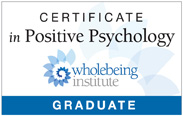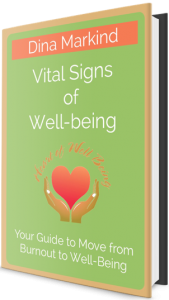Springtime is a great time to go outside and take advantage of the fresh air. “Slow deep breathing is probably the single best anti-stress medicine we have,” according to Dr. James Gordon, professor of psychiatry at Georgetown University School of Medicine. By bringing air down into the lower portion of the lungs, oxygen exchange is most efficient, and the heart rate slows, blood pressure decreases, muscles relax, anxiety eases, and the mind calms. All these help to overcome the inflammatory effects of stress. Breathing is unique in the body’s function since it is under both voluntary and involuntary control. Mindful deep breathing along with the awareness of its impact in the moment gives people a sense of control over their body and emotions.
Aggravated, short of breath, perhaps a twinge of chest pain – what’s the recommendation? Stop and rest. Add to this a few conscious slow deep breaths and see what happens. You decrease the oxygen demand and also increase the availability of oxygen, just what your heart and brain need.
Deep breathing allows you to take advantage of your fuller lung capacity. Instead of just using your upper chest, with deep breathing your diaphragm, the largest muscle in your body, drops into your abdomen, this provides more room for your lungs to expand. When your diaphragm drops your abdomen will move out. If you put your hand over your belly button, you can watch it move in and out with your breath.
Experiment with deep breathing on your own or contact me to try a variety of breathing techniques.
Ahhh, now for that breath of fresh air.
Dina
203 790-6475





